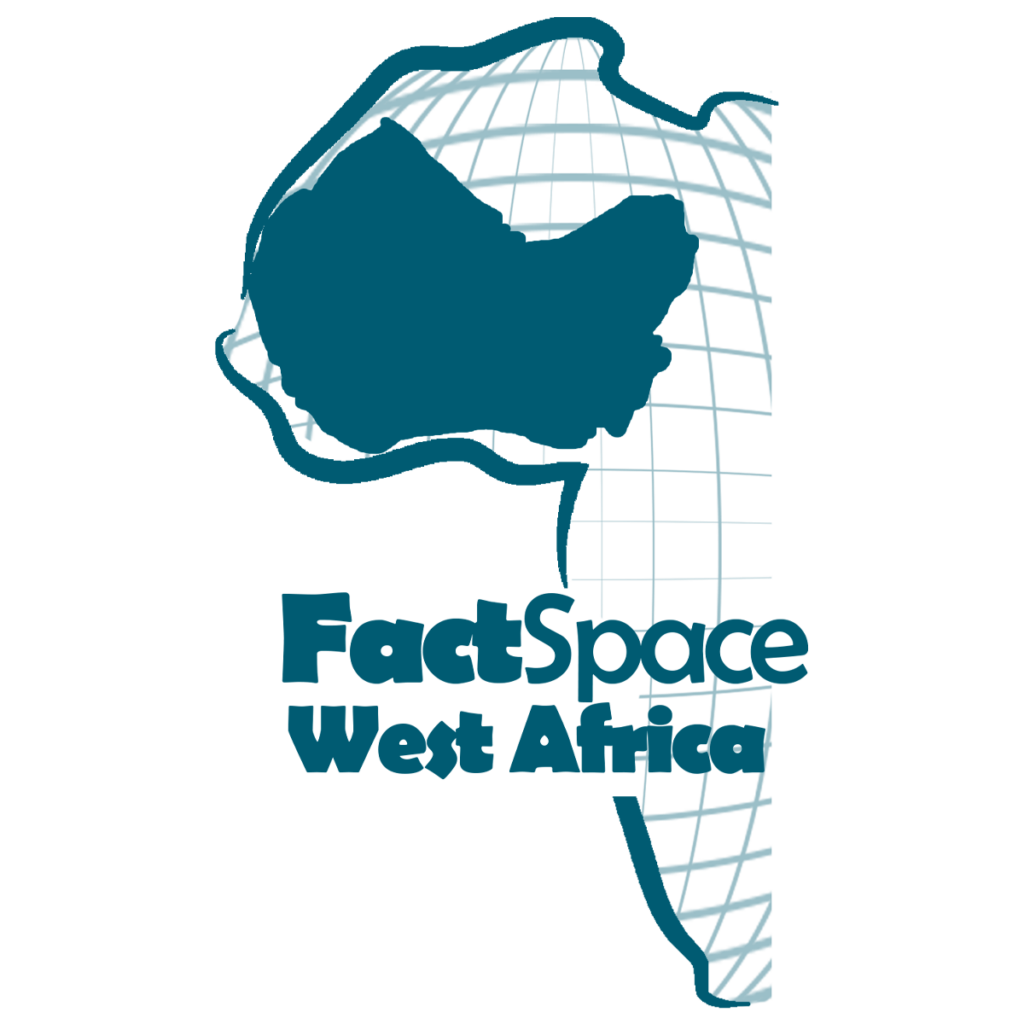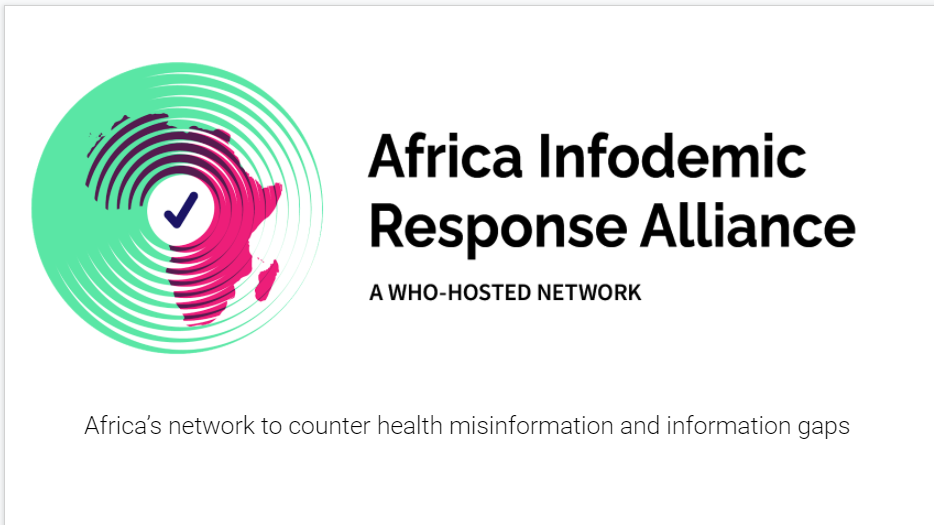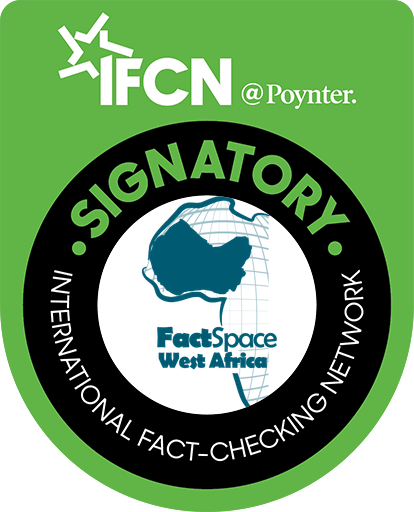Unproven remedies, myths, fake news about COVID-19 and vaccine hesitancy are real issues that could hamper the world’s quest to get COVID-19 under control. Digital platforms have been inundated with COVID-19-related information since the pandemic began in late 2019.
Information on COVID-19 has been shared and viewed over 286 billion times and mentioned more than 46 million times on Twitter and web-based news sites between February 2020 and March 2021 in the 47 countries of the WHO African Region, according to UN Global Pulse, The UN Secretary-General’s global initiative on big data and artificial intelligence.
The World Health Organization (WHO) hence has launched a new alliance, the Africa Infodemic Response Alliance (AIRA), to coordinate actions and pool resources in combating misinformation around the COVID-19 pandemic and other health emergencies in Africa.
Independent fact-checking project, GhanaFact will be joining 13 other organizations to counter health misinformation as it spreads and to “inoculate” people against falsehoods. AIRA brings together the Africa Centres for Disease Control and Prevention, International Federation of the Red Cross and Red Crescent (IFRC), UNICEF, UNESCO, UN Verified, UN Global Pulse, WHO, Gavi- the Vaccine Alliance and the fact-checking organizations Africa Check, PesaCheck, Agence France Presse Fact Check, Dubawa, Meedan and GhanaFact.
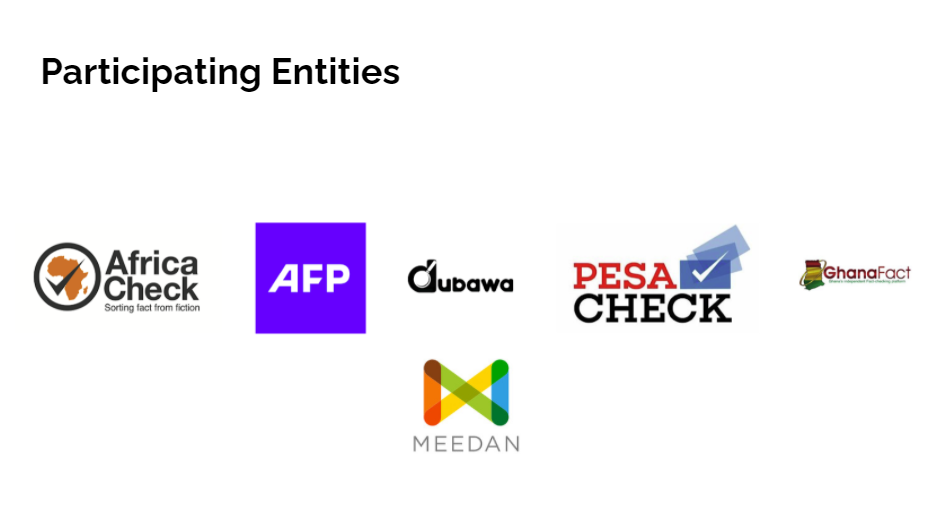
Viral Facts Africa
Viral Facts Africa, a first of its kind African initiative to combat health misinformation online, has been launched today by the World Health Organization (WHO) and the network of fact-checking organizations and leading public health bodies.
The initiative is starting with engaging health fact checks, explainers, myth busters and misinformation literacy messages that are optimized for sharing on Facebook, Twitter and Instagram.
“False claims can spread faster than COVID-19 itself, often because they are simple, visual and tap into our emotions. Viral Facts Africa aims to debunk myths fast right where they spread and to help people sort life-saving facts from noise. Together, we can stop viral rumours by sharing viral facts,” said Dr Matshidiso Moeti, WHO Regional Director for Africa.
GhanaFact
GhanaFact is a journalism innovation project by FactSpace West Africa, a non-profit organization committed to spreading fact-checking across the sub-region.
The Ghanaian fact-checking project has been flagging health misinformation since 2019 and is part of the International Fact-Checking Network(IFCN) COVID-19 Alliance which has been nominated for this year’s Nobel Peace Prize.
The IFCN verified Ghanaian fact-checker has created a network of fact-checkers in Ghana involving about 100 journalists drawn from more than 30 traditional media organisations to help flag suspicious claims and tackle misinformation.
